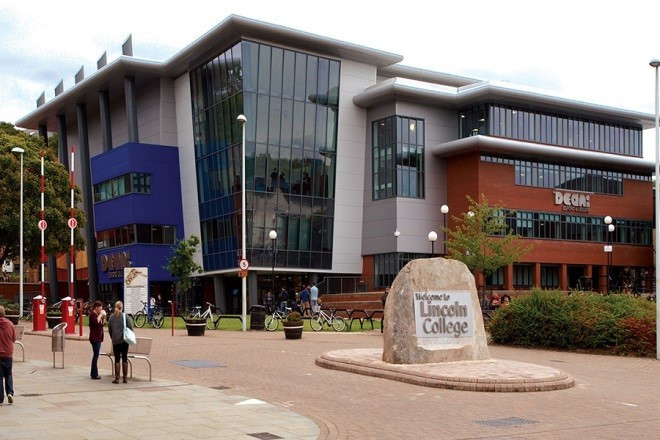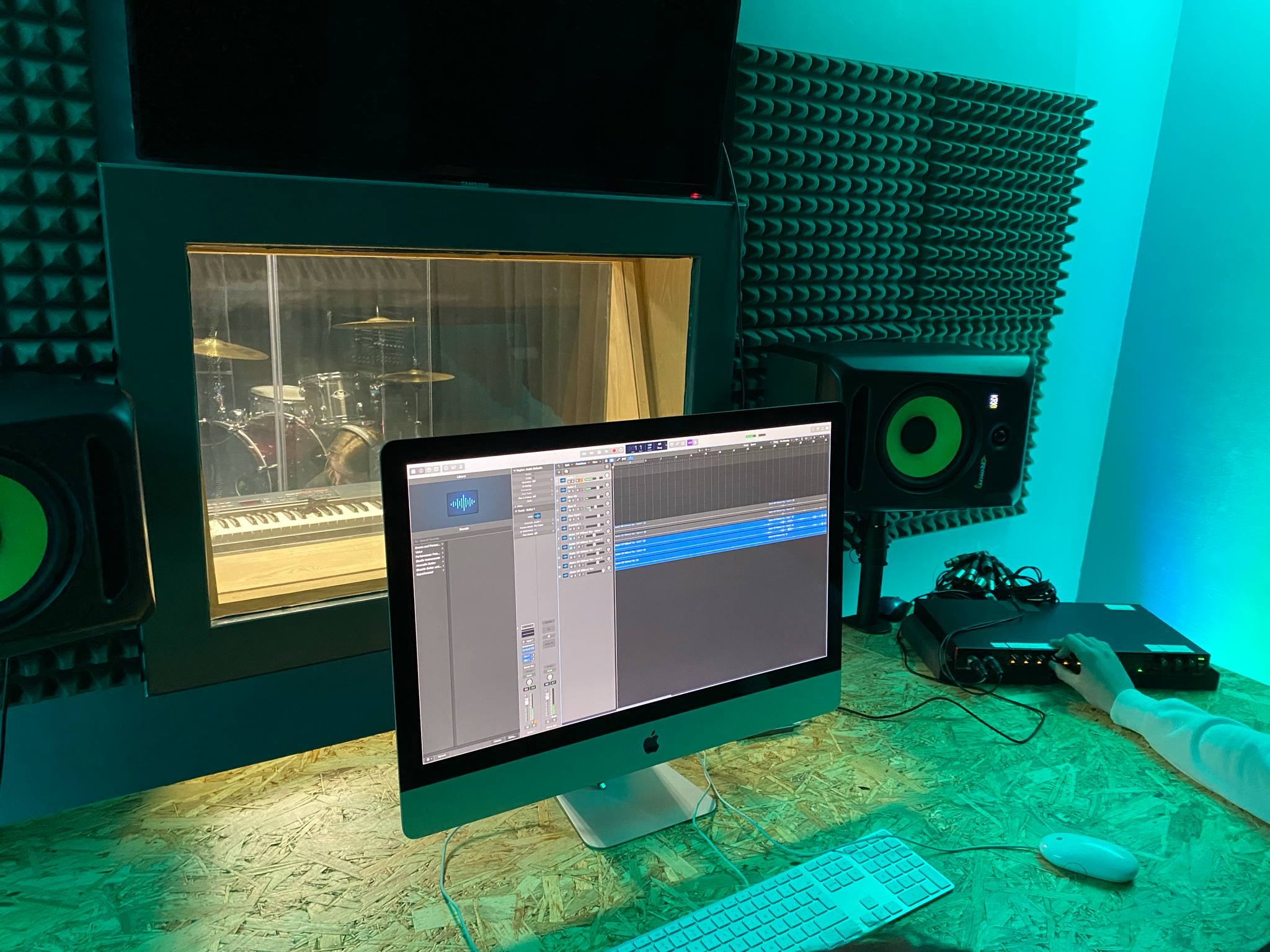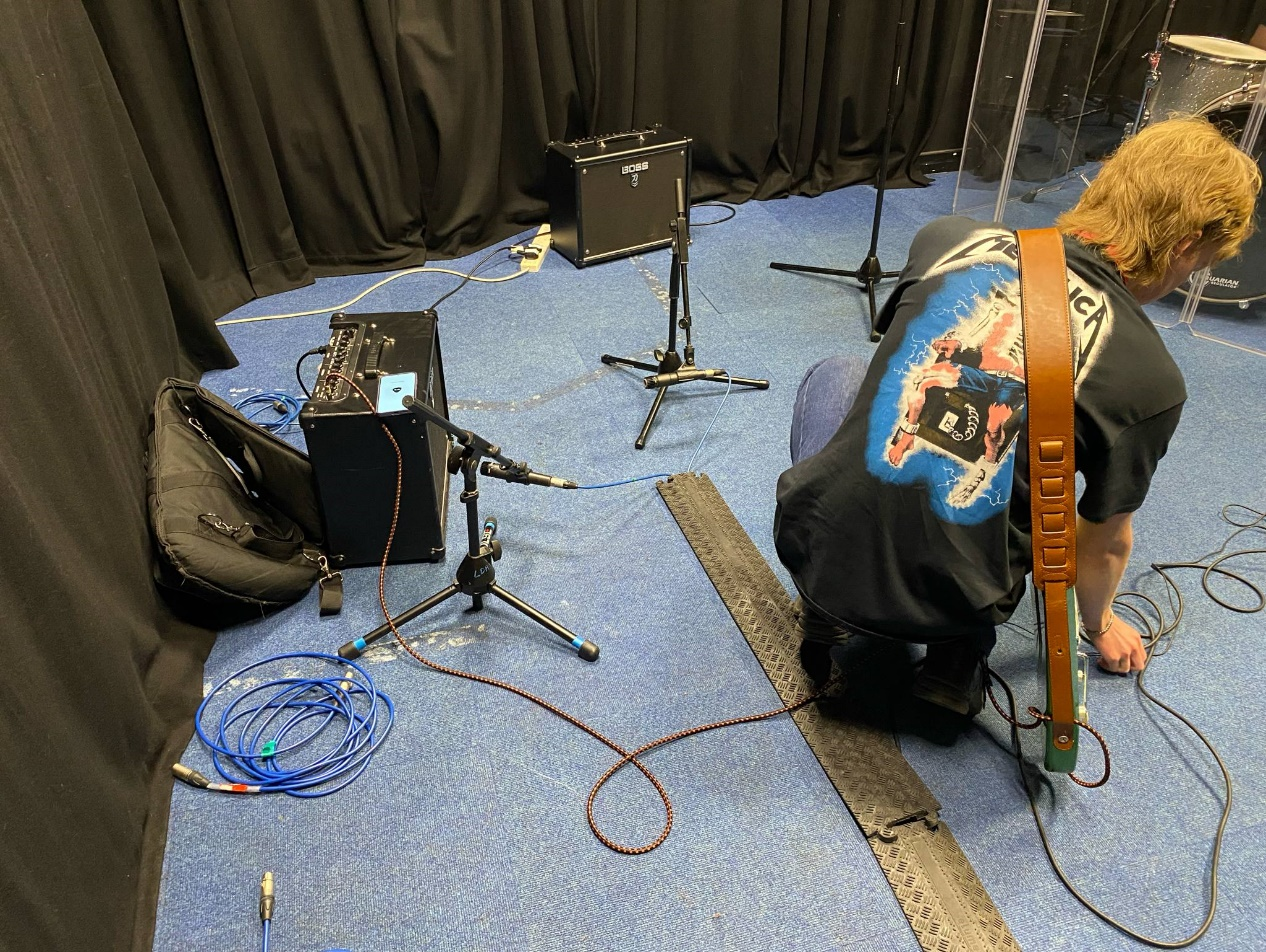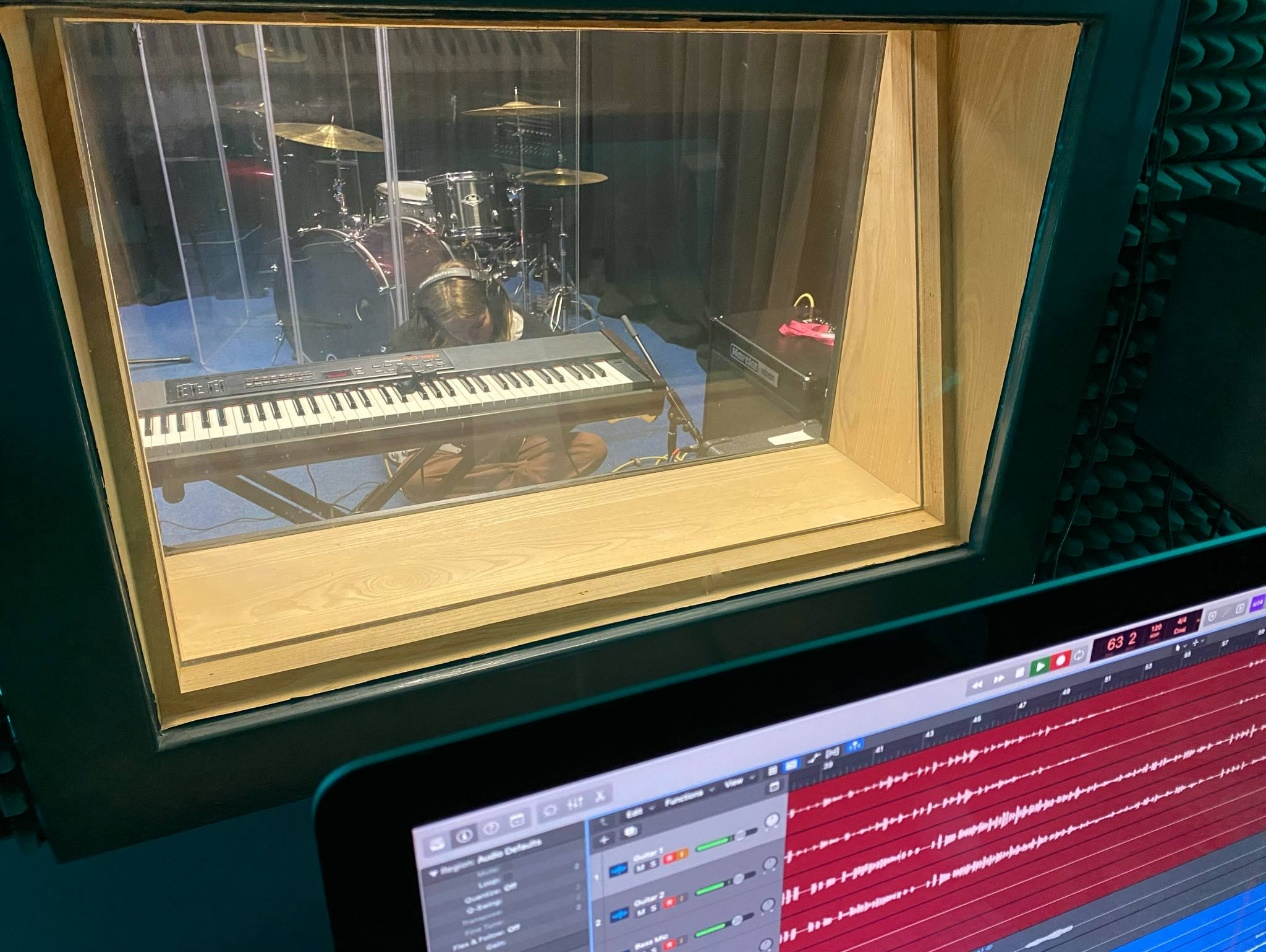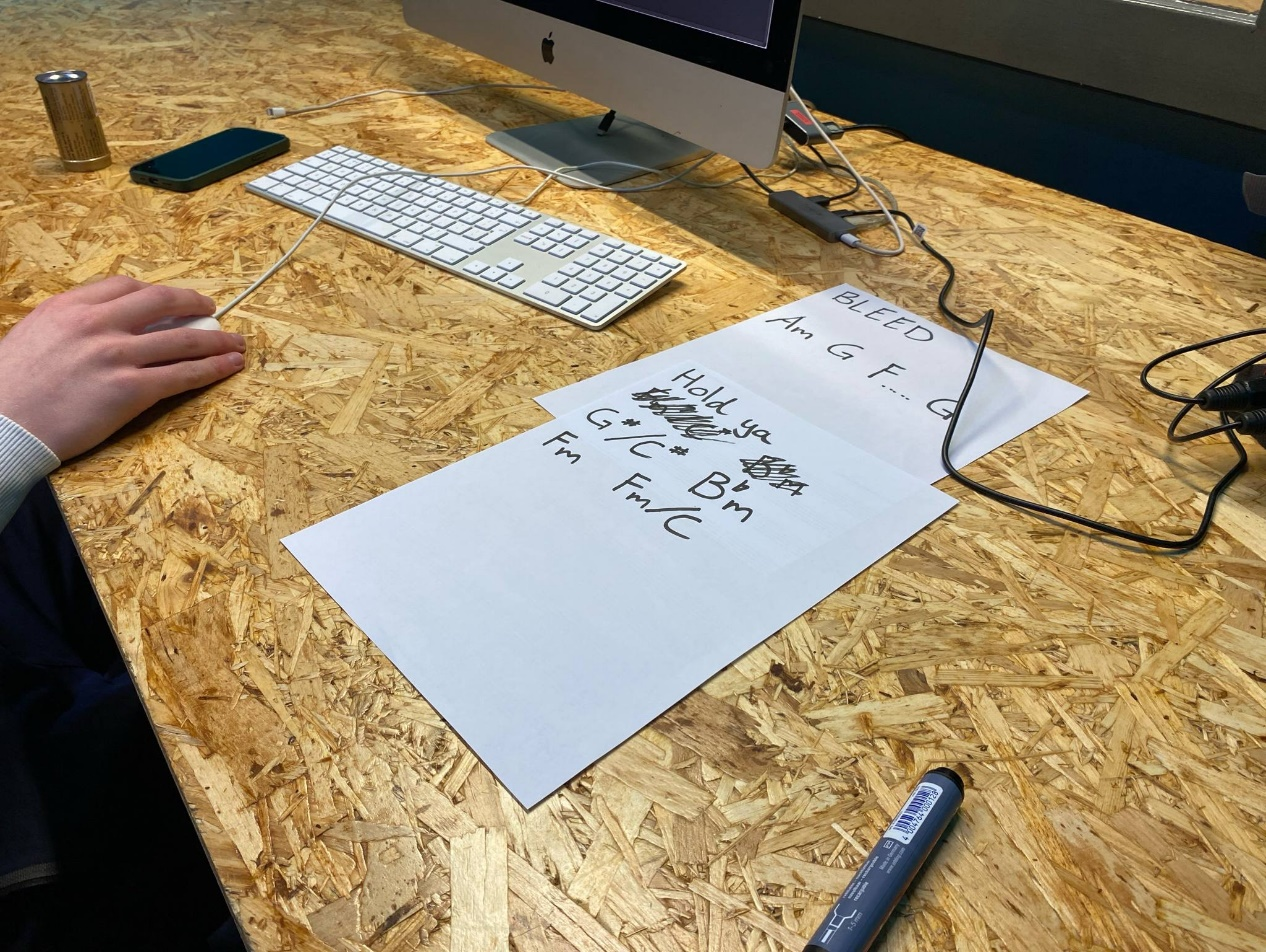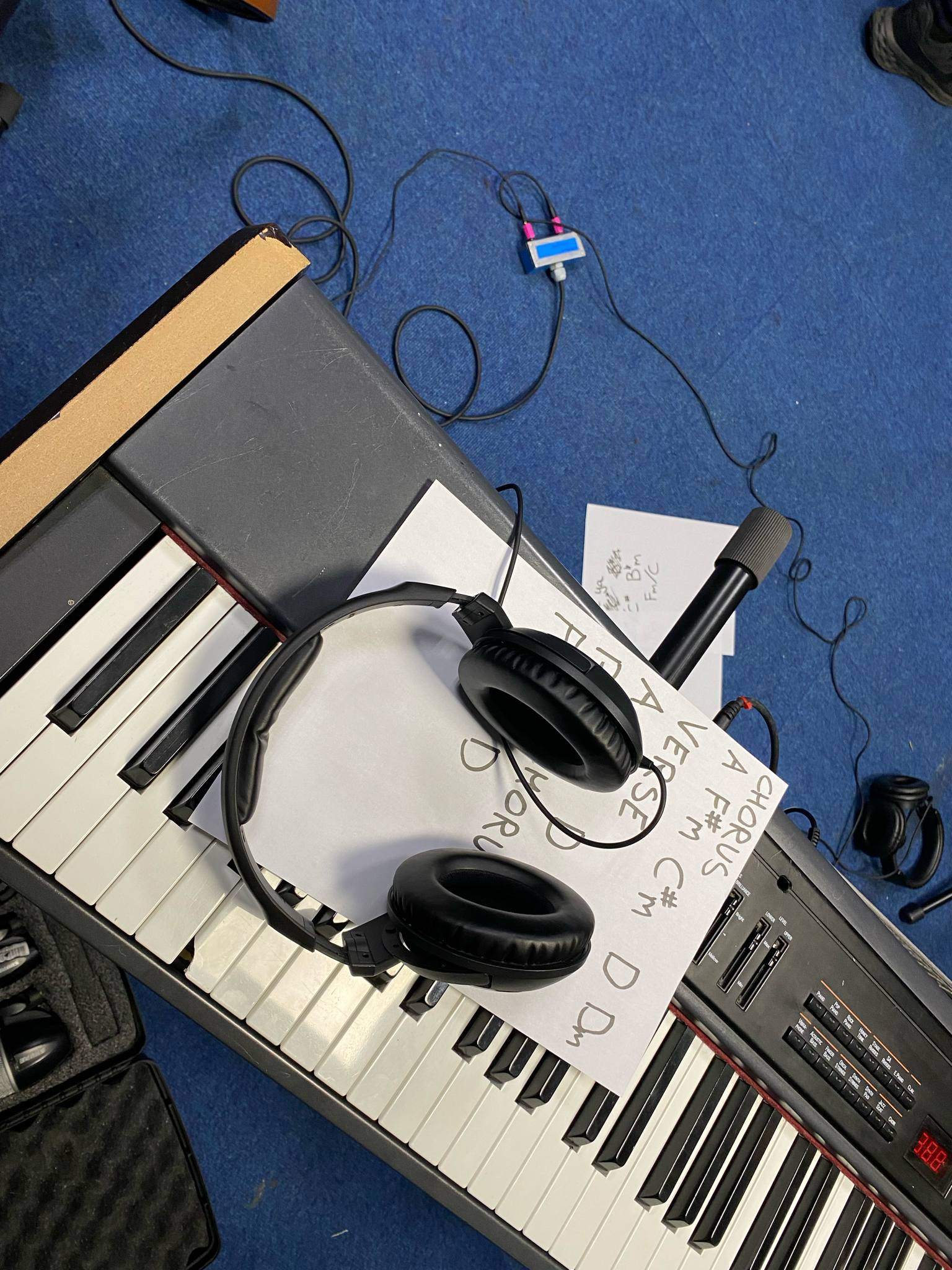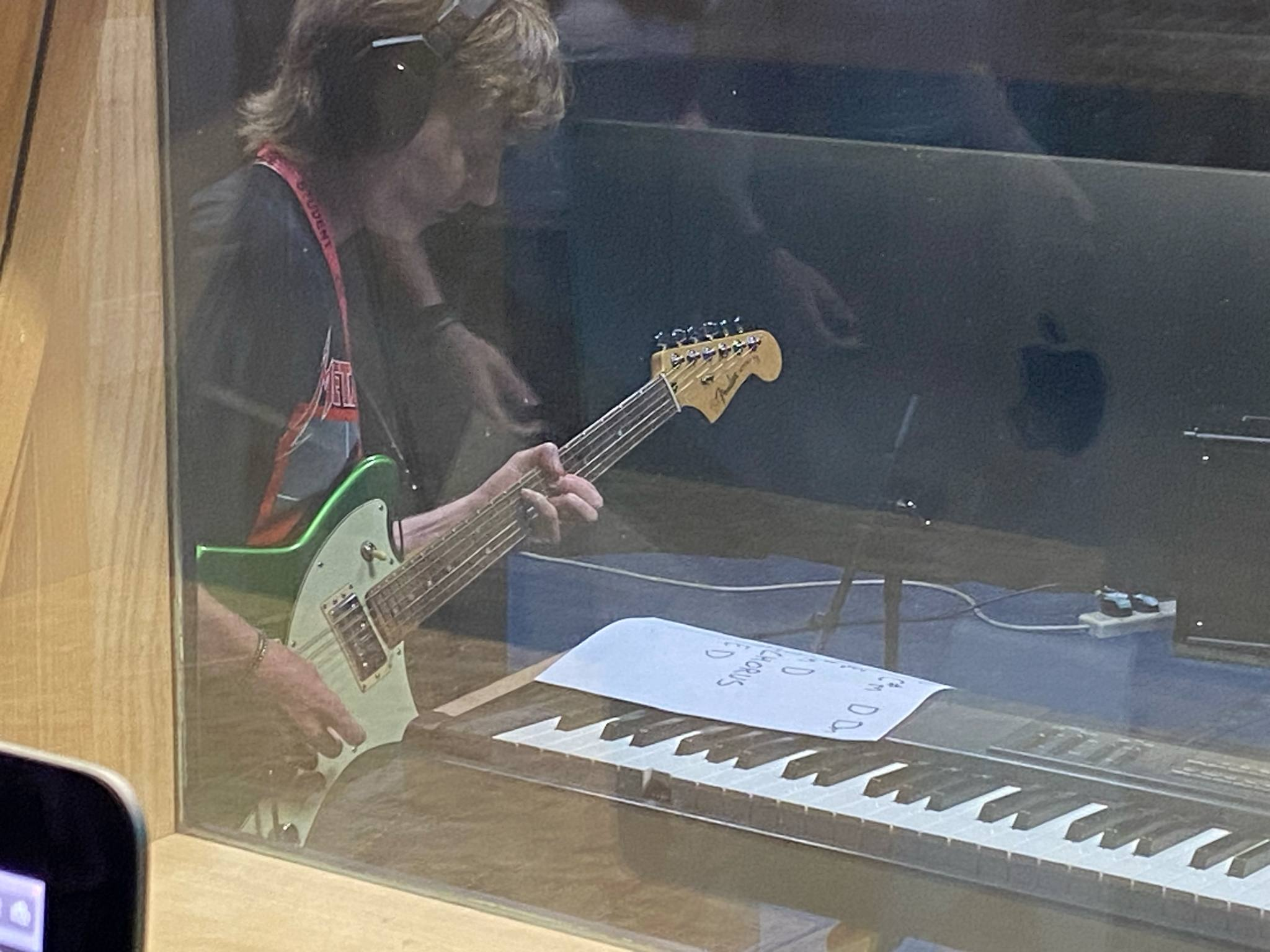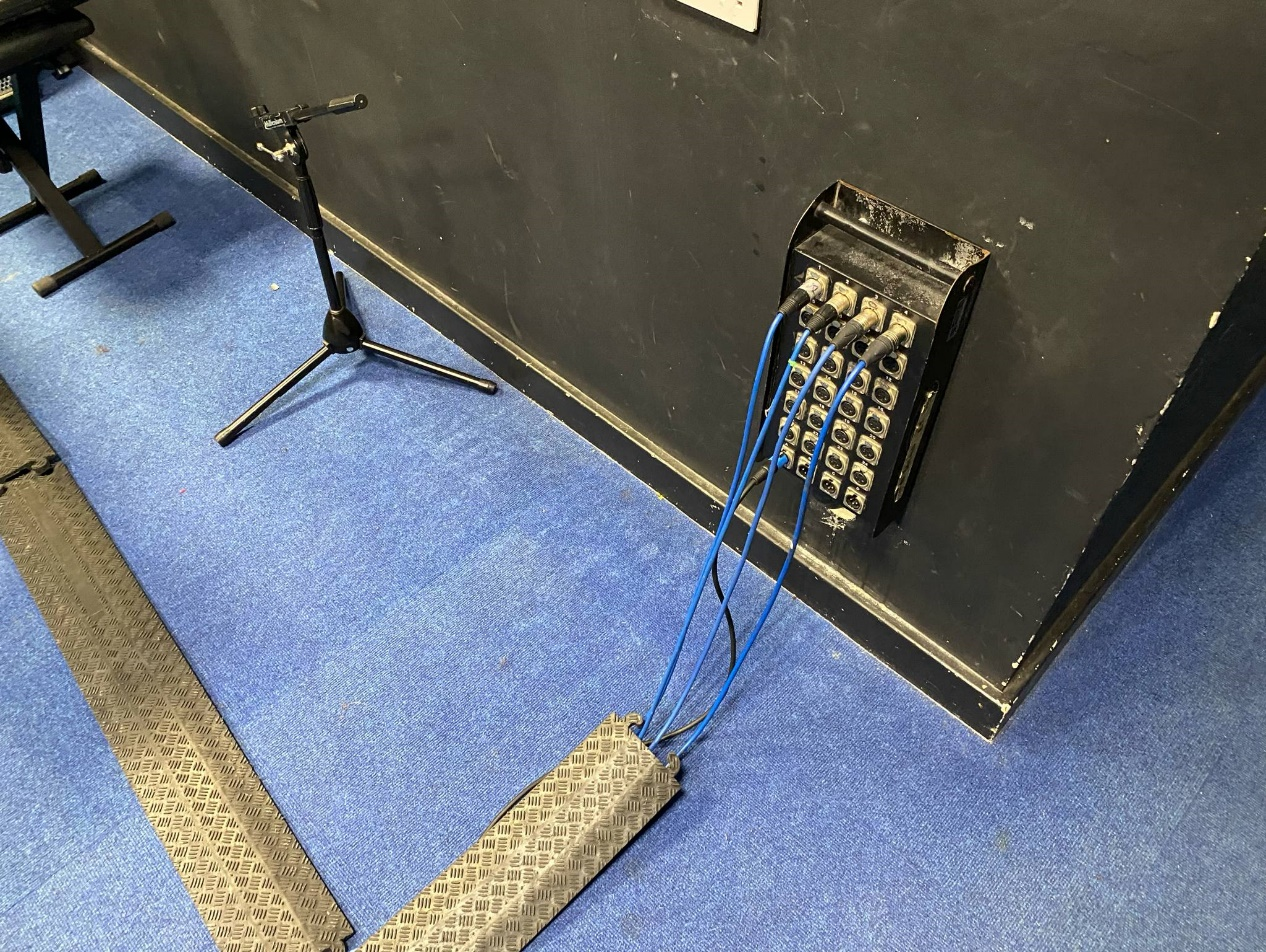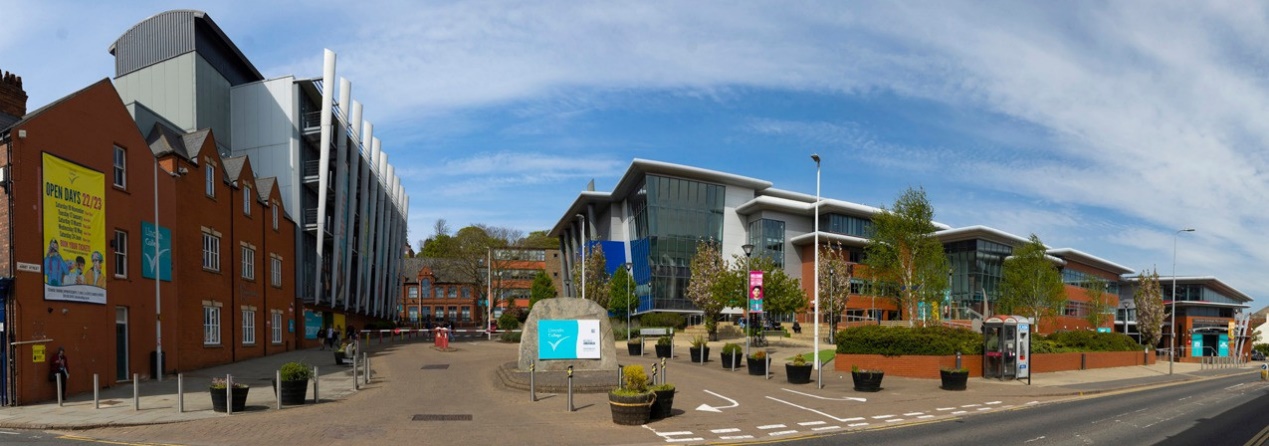Topics
The main topics of this symposium are listed below.
Fine Arts & Design
- Artificial Intelligence in Art
- Visual Arts
- NFTs and Digital Ownership
- Interactive Art
- Data Visualization Design
- Sustainable Art Practices
- Contemporary Art
- Art Criticism
- Animation Production
- Music and Dance Studies
- Generative Art
- Immersive Installations
- Bio-Art and Biodesign
- Traditional Media (Drawing, Painting, Sculpture)
- Digital Media (3D Animation, UX Design, Corporate Design)
- Commercial Design (Advertising, Editorial Design)
Architecture & Urban Planning
- AI in Urban Analysis
- Smart Cities and IoT Integration
- Sustainable Urban Design
- Environmental Justice in Planning
- Parametric and Algorithmic Architecture
- 3D Printing in Construction
- Circular Economy in Architecture
- AI-Driven Infrastructure Design
- Zero-Carbon Architecture
- Socially Inclusive Urban Design
- Core Planning (Strategic, Land-Use, Master Planning)
- Sector-Specific Architecture (Residential, Industrial, Green Design)
Meanwhile, submissions aligned with the overall conference theme are also welcome.
Culture & Sociology
- Digital Sociology
- Sociology of Climate Change
- Migration and Globalization
- AI and Society
- Sociology of Technology
- Social Media Impact
- Post-Colonial Sociology
- Sociology of Mental Health
- Inequality and Social Justice
- Gender Studies in Sociology
- Core Fields (e.g., Theoretical Sociology, Historical Sociology)
- Specialized Areas (e.g., Urban Sociology, Criminology, Rural Sociology)
Journalism & Mass Media
- AI in Journalism
- Digital Transformation in Media
- Social Media Journalism
- Data Journalism
- VR and AR in Media
- Blockchain and Media Ownership
- Ethics in Digital Media
- Specialized Journalism Types (Investigative, Political, Entertainment Journalism)
- Influencer and Social Media Journalism
- Cross-Platform Journalism
- Public Interest Media
- Traditional Sectors (Print Media, Electronic Media, Opinion Journalism)
- Film and Film Production
- Photography and Film Production
- Theater and Film Studies
